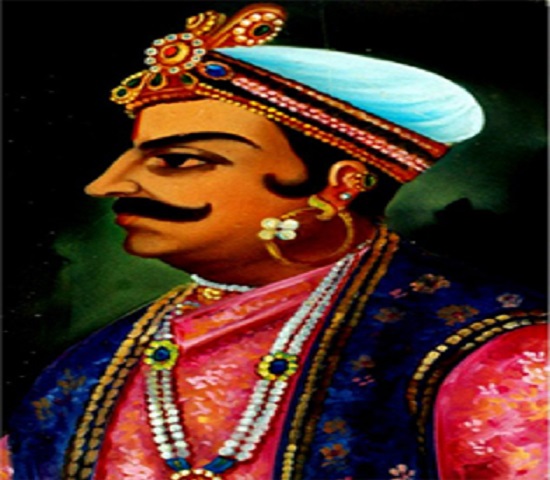Pusapati Peda Vijayarama Raju I
Pusapati Peda Vijayarama Raju I (1708-1757) Maharaja Meeza Raja Vijayarama Gajapathi Raju-I It was in his name that his father Maharaja Ananda Raju-I laid Foundation to Vijayapuri, Which was renamed as Vijayanagram during his reign.
